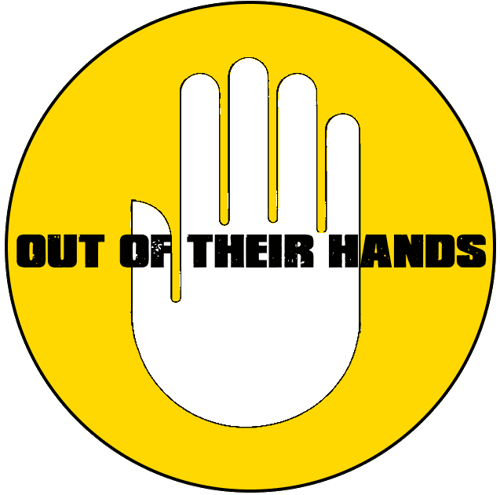Understanding the problem and making a difference
Is underage drinking really a big problem in South Carolina?
• An estimated 85 South Carolinians under 21 die each year from alcohol use.
• Underage drinking costs South Carolina $1 billion per year – $2,309 for each young person in our state.
• 23.1% of students in grades 9 through 12 in South Carolina drank alcohol in the past month.
• 17.8% of these students took their first drink, beyond just a few sips, before age 13.
• 38.1% of those students who drank alcohol in the past month obtained the alcohol they drank by someone giving it to them.
Can adults get in legal trouble for giving alcohol to minors?
In South Carolina, if any adult gives alcohol to a teen (even with the parents' permission):
• They face a maximum sentence of 30 days in jail and up to $1,075 in fines and fees.
• Their penalties “stack up,” meaning they’re ticketed for each underage person to whom they give alcohol.
Adults can’t knowingly allow anyone under 21 to drink or have alcohol in their home or on their property – even if they don’t provide the alcohol. They can be sued if they give alcohol to minors who then hurt someone, themselves, or damage property.
What can adults do to protect themselves from legal trouble?
• Refuse to supply alcohol to anyone under 21.
• Be at home when your teen has friends over.
• Make sure that alcohol is not brought into your home or property by your teen’s friends.
• Talk to other parents about not providing alcohol at other events your child will be attending.
• Create alcohol-free opportunities and activities in your home so teens feel welcome.
• Report underage drinking to local law enforcement.
How can I help?
Each year, South Carolina’s Alcohol Enforcement Teams (AETs) – and partnerships between law enforcement and prevention professionals – hold an “Out of Their Hands” (OOTH) Spring Blitz. During this annual event, strict enforcement of underage drinking laws is coupled with strong media messages throughout the spring. The AETs and their enforcement and education partners engage community residents, businesses, and others to deny alcohol access to youth who are less than 21 years of age. The simple message of the OOTH campaign is that the AETs work with the community to keep alcohol “out of their hands.”
